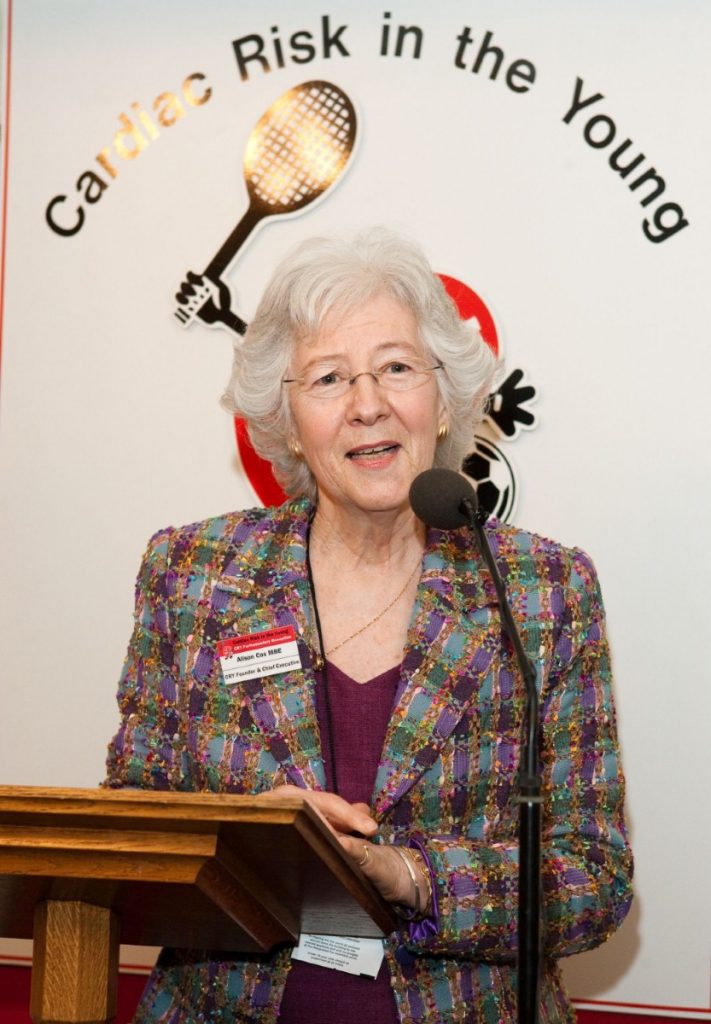Comment: Don’t let chance for coronial reform slip away
Appointing a chief coroner is the route to badly needed reform. The government's objections are simply ill conceived and unreasonable.
By Alison Cox MBE
The last decade has seen tremendous work done to reform the coroners' service. A massive review led by civil servant Tom Luce highlighted inconsistencies, absence of quality control, training and leadership as being features of a service badly in need of reform.
Eventually this resulted in the Coroners and Justice Act receiving Royal Assent in November 2009 which provided the greatest opportunity for reform for over 100 years. The vital appointment of a chief coroner to lead this service was made to address the lack of leadership and the resulting standards of accountability and transparency.


It was to have been the first time in its 900-year history that someone was going to be put in charge of this crucial and most ancient of all public services. Senior circuit judge Peter Thornton was appointed but never had a chance to take up his duties due to an attempt by the new government to abolish the role.
In December 2010 the House of Lords inflicted their heftiest defeat on the government when peers of all parties supported Baroness Finlay's amendment to the public bodies bill and voted to continue with plans to introduce a chief coroner.
Justice secretary Ken Clarke claims that introducing the role is unaffordable. The Ministry of Justice estimates the service will cost over £10 million to set up and will incur in excess of £6 million running costs per annum. The Ministry of Justice's costing has been widely disputed as flagrantly inflated and was challenged by Baroness Finlay in her successful debate in the House of Lords. She said that the post could be introduced for £500,000, with scope for further reform introduced slowly as the economy improved. It seems incongruous that this has become such a contentious issue at a time when the Ministry of Justice are spending over £2 million monthly on consultancy fees.
The costing estimates for the chief coroner have raised many questions to which there has so far been no satisfactory answer. Provocatively there is no cost-benefit analysis and impact assessment statement, which amongst other cost savings would reflect the anticipated reduction in the number of judicial reviews which reputedly cost £500,000 each. The extortionate IT setting-up cost of £3,850,000 has been vigorously questioned as well as the justification for the "other" expenses which come to £2,484,000. Coroner training costs of £830,000 are puzzling as is the necessity of 14 staff for the chief coroner (estimated at £541,000) and 17 staff for the MoJ programme team who would receive £2,233,000.
In his written ministerial statement of June 14th Ken Clarke states that he will form a ministerial board, to be chaired by the minister, acknowledging that it would mean no "individual will be responsible for the leadership culture or behaviour of the coroner".
With only two coroners on this board it would appear they will have little influence on the prioritisation and introduction of cost effective reforms to their own service. In my view this should be called the Coroners Reform Implementation Board, be chaired by the chief coroner and have a membership made up of at least 50% coroners so that the reforms identified can be introduced. Everyone should be informed that any changes introduced must at present be cost-neutral.
A great deal could be achieved if the good will of the most important group, the coroners, could be secured. I was on the Chapter 8 Arrhythmia and Sudden Death Implementation Board that ran for five years under the chairmanship of Professor Roger Boyle, national director of heart disease and stroke. Roger made it absolutely clear at the outset that no money was available but under his experienced leadership – and with great good will and the endeavours of those on the board (which was mainly composed of consultant cardiologists) significant, life-saving changes were established.
The government's proposal to re-instate the chief coroner’s office into Schedule 5 of the public bodies bill and thus effectively abolish it is not acceptable. Other judicial bodies have been satisfactorily removed from this bill. The chief coroner meets these requirements as he/she performs a technical function, requires political impartiality and needs to act independently to establish facts.
I believe it is unreasonable and ill conceived for the government to try and push the chief coroners role back into the public bodies billl. I also feel that the issue should not be seen as a political money saving gesture. MPs should not be placed under pressure to follow the party line because of the inaccurate assumption that the economy cannot support the role of chief coroner.
Alison Cox MBE is founder and chief executive of the Cardiac Risk in the Young charity.
The opinions in politics.co.uk's Comment and Analysis section are those of the author and are no reflection of the views of the website or its owners.

